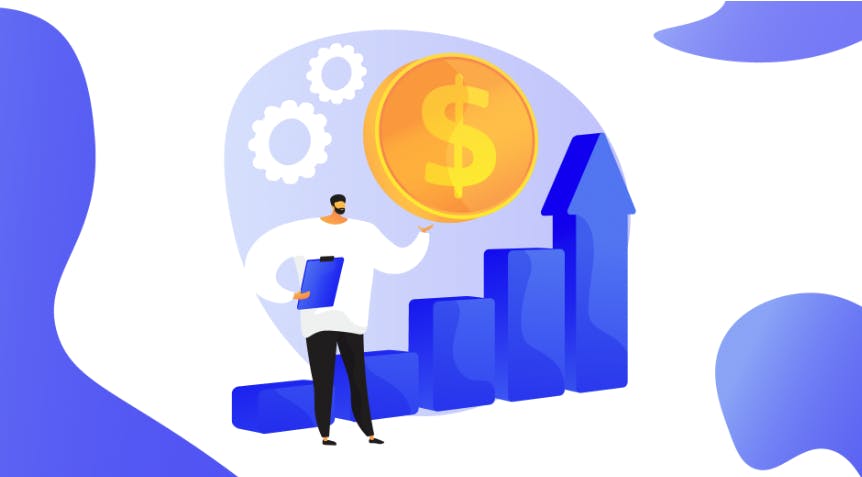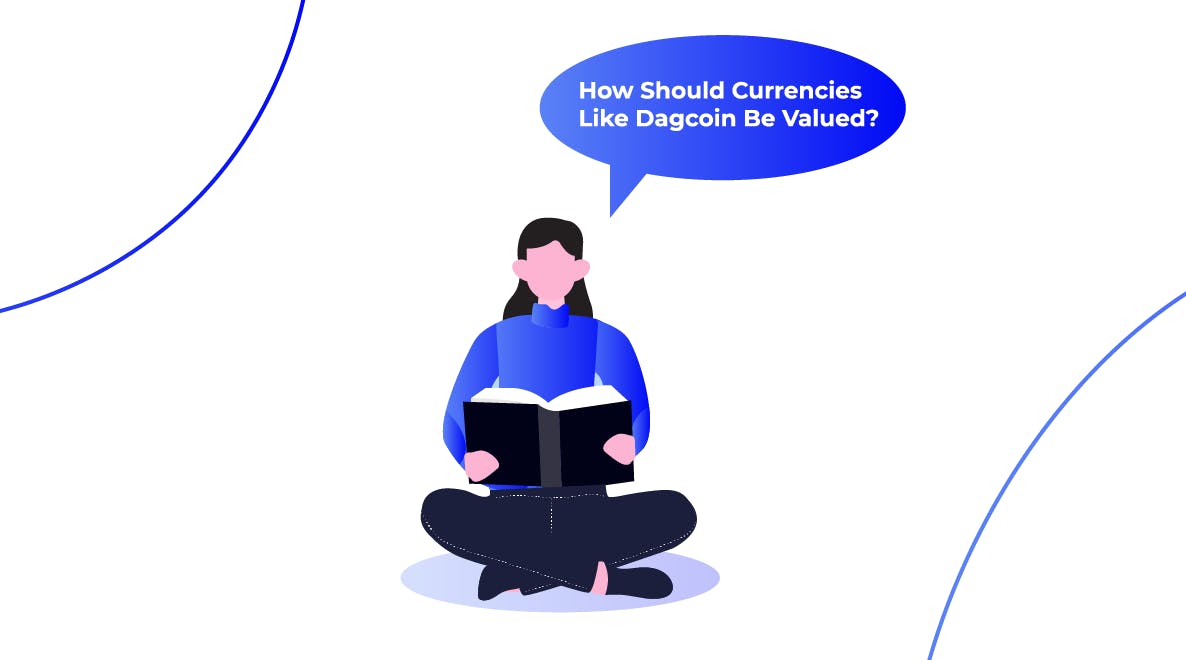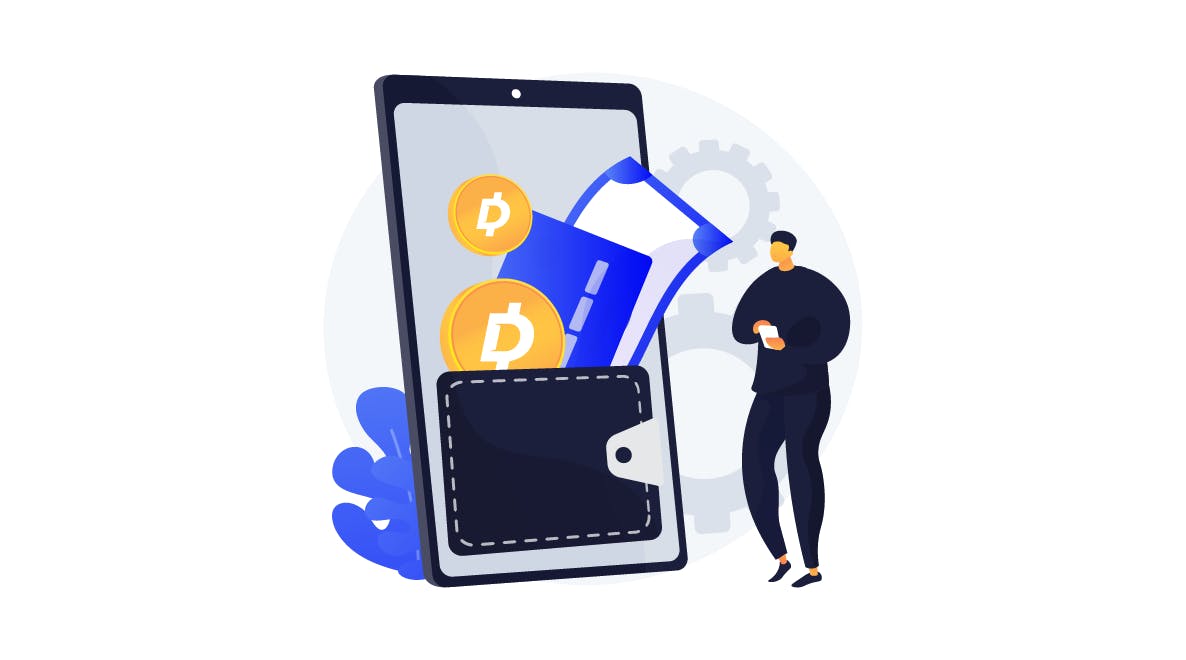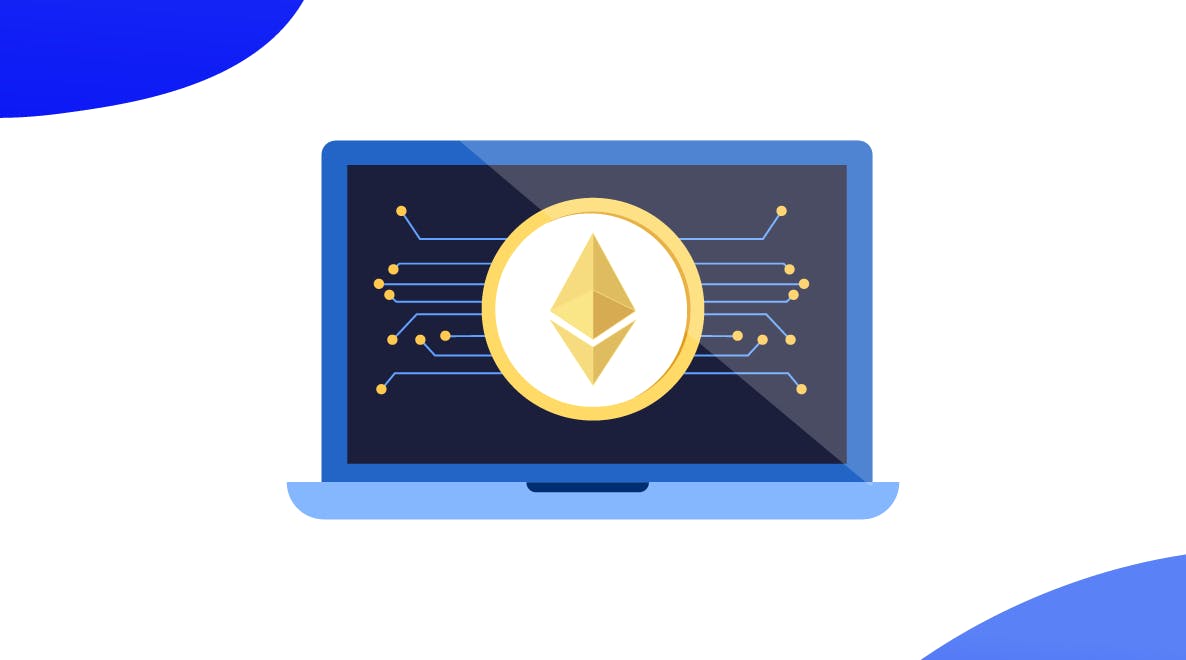A lot of things have changed since Napster started a new trend in the music streaming industry. The days of slow dial-up internet is gone and now high-speed fibre optics have made everything in the internet word easy and convenient. Now people do not waste their phone memory with downloaded music or videos, rather they listen to streaming music anytime and anywhere they wish. Music sharing is now easier than ever.
Artists do not invest their talent in music for free. The popularity of a music track is reflected by the number of listeners and consequently the revenues. Since the very beginning, music streaming companies have tried to monetize and protect the digital content through necessary regulations and policies. They also try to exploit new technologies to maximize the revenue from music streaming.
With the evolution of the industry, several major platforms have taken market dominance. These early growth leaders got an impressive start as music lovers began to throw their CDs into the trash. However, those early days are no longer sweet for music companies. As the technology turned out to be older, the industry has begun to change. Now they are after something different than acquiring new users.
Competition has made companies aggressive
Only the events of the last year in the music streaming industry would be sufficient to realize the degree of competition here. Swedish company Spotify could not reach the target last year in terms of new subscribers. If the market leader falls short of half a million subscribers, it is easy to guess the situation of the others. The competition is so tight that the companies are approaching users with everything they have got.
Inspired by services like Apple Music, Google Play, and Amazon Music, the company started the year by offering users free access to its video platform, Hulu. The video streaming site used to yield a secondary income, which is now being sacrificed to grab new subscribers with a ‘two-for-one’ offer.
Spotify became more aggressive last week to reach its target. They came up with a new offer of free Google Home Mini for all premium users. These increasing service and care for users indicate how the music streaming industry is getting more competitive day by day.
Role of new technology
The way people listen to music has changed a lot, from the old gramophone to audio streaming. This revolution is mostly the contribution of technology. The role of the internet has been already mentioned, and new innovations appear to make the market more complicated for music companies. One such innovation is the tech world’s latest charm, cryptocurrency, which is used with distributed ledger technology (DLT).
It has the convenience of using peer-to-peer platforms that enables artists to sell music directly to the listeners. Some well-known companies including Airbnb have already started exploiting this system. It enables music creators to connect directly to the customers, sell and stream their songs, maximizing their profit without any third-party interference.
Recent studies revealed a striking finding- artists, who deserve the maximum profit, actually earn only 12% of the money the music industry makes. This is because of all of the ‘value leakage’ associated in producing and distributing the music, for example, the cost of marketing, streaming companies and other middlemen that exist between musicians and listeners. Proper use of DLT would eliminate the hungry corporations that have been sucking on the creators for decades.
Change has already started
The buzz around DLT has reached both the musicians and listeners, and they have started exploiting the technology to bring about a significant change in the music industry which the middlemen have kept in possession for long. Tune.fm is a bright example of such initiative that has enabled the use of a cryptocurrency on its platform.
Musicians can get paid for every second of music streamed on the site through the JAM. The payment is also deposited instantly to the artist’s account, compared to the traditional system where they had to wait months or even years for various silly reasons. Listeners can also enjoy several benefits as well. They no longer need monthly subscriptions or add-ons, they just pay for what they listen. With lower prices, quicker access and happier artists, cryptocurrency may pave a way for another revolution in the world of music.






